This issue was raised at the workshop "Developing Artificial Intelligence Capabilities for Learners" organized by the University of Social Sciences and Humanities, One World Magazine, and other units on October 28th.
Professor Le Anh Vinh, Director of the Vietnam Institute of Educational Sciences, Ministry of Education and Training, stated that artificial intelligence (AI) is present everywhere and is developing rapidly. Therefore, students need to be equipped with knowledge about AI as early as possible.
In fact, schools have been actively implementing the use of AI in recent times. According to a report by the Vietnam Institute of Educational Sciences, a 2023 survey of over 11,000 junior high school students showed that 87% of them were aware of artificial intelligence, with 86% rating AI as beneficial to their learning. For example, students using ChatGPT can answer difficult questions.
For teachers, a 2024 survey of nearly 35,000 general education teachers showed that 76% had used AI in teaching, with over 60% of them learning and applying it through self-study.
Despite the vibrant activity, Mr. Vinh believes that technology has yet to solve the core problems of education.
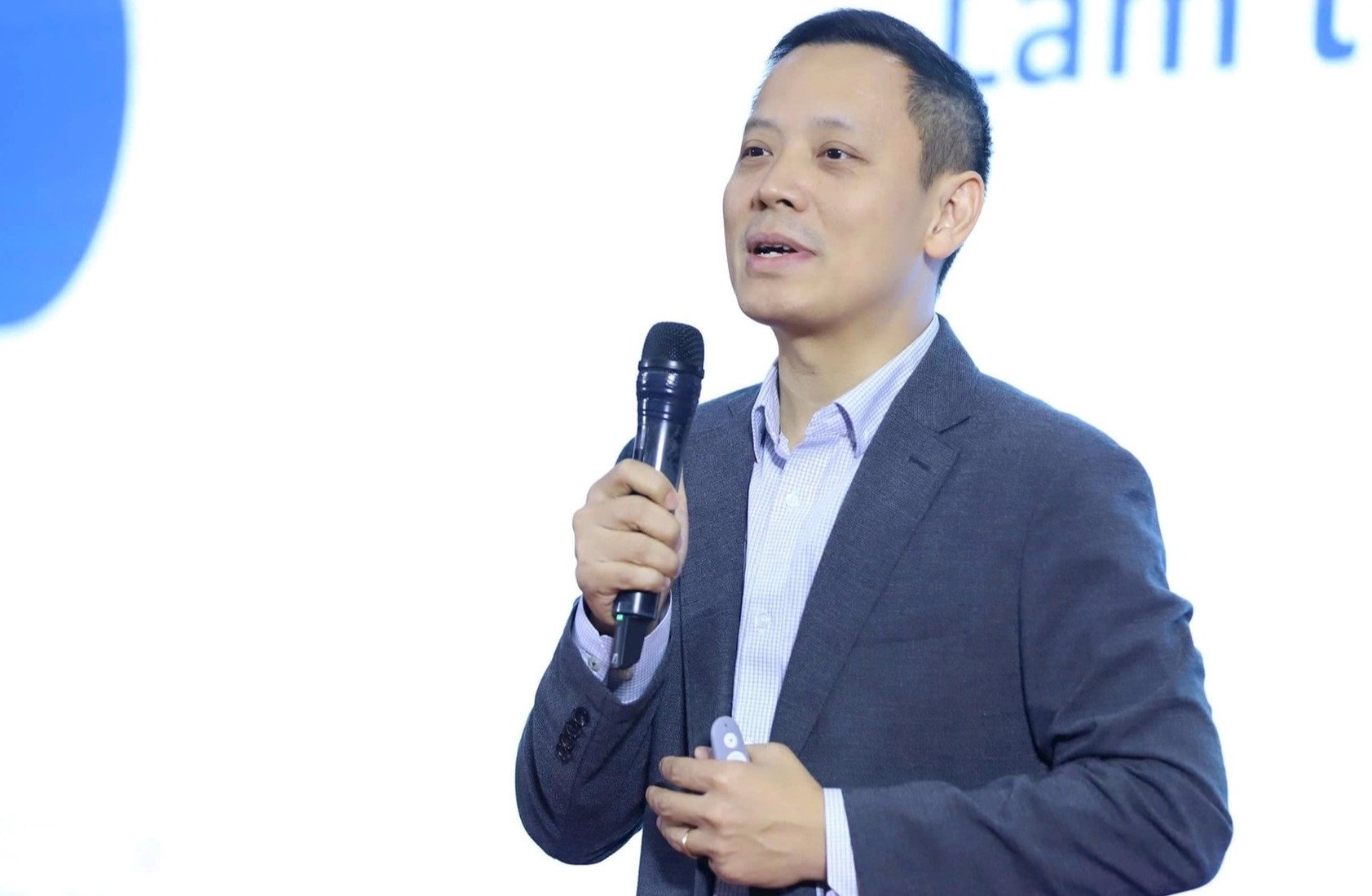
He pointed out that, thanks to AI, teachers can prepare lessons very quickly, completing a good lecture or a beautiful slide in just a few minutes. Students, when receiving assignments, can also solve them all in a few minutes using AI.
"Therefore, teachers use AI to teach, students use AI to learn, and in the end, nobody teaches and nobody learns, only machines learn and become increasingly intelligent," said Professor Le Anh Vinh.
He gave another example: teachers can now use AI to grade assignments very easily. With thousands of essays, teachers can grade them very quickly, analyze the data, and make recommendations to students.
"But do students really need that? No one who writes an essay wants it read and critiqued by AI. So, technology can do many things, but it doesn't solve the core problem of education."
In other words, according to Vinh, "technology is everywhere except education."
How can AI be implemented in schools?
According to Professor Le Anh Vinh, achieving this requires three main pillars. First, a consistent policy framework is needed to integrate AI into schools. He cited the current situation in many countries around the world , which have already implemented consistent policies and long-term roadmaps.
"When we spoke with Chinese experts, they proudly stated that since 2004, their country has incorporated artificial intelligence into the Computer Science curriculum at the high school level. As a result, the generation of students who studied this subject – now around 30 years old – have become a high-quality workforce in artificial intelligence," he said.
In addition, a comprehensive and flexible curriculum and materials are needed, along with human and financial resources.
Professor Le Anh Vinh stated that there are currently three approaches to implementing AI into the high school curriculum: integrating AI into existing subjects; treating AI as part of Computer Science; and treating AI as a separate subject.
"Our view is that we need to integrate AI into the curriculum while also providing independent instruction to deliver specific AI content to students. The approach must follow clear, step-by-step procedures, with research evaluation."
For example, at the primary school level, it's an introductory level, involving fun and interaction with technology, aiming to help students understand what AI is and its simple impacts. At the secondary school level, it's a foundational level, helping students develop critical thinking and skills with the goal of fostering fundamental competencies, applications, and initial analysis of AI's social impacts.
At the high school level, it's a constructivist level, aiming to help students confidently use AI, understand some basic principles, and design and adjust simple AI tools...
Mr. Vinh added that the Department of General Education is currently developing a plan for a pilot implementation starting in the 2025-2026 school year, and will consider nationwide implementation based on the results of the pilot program.
Dr. Tran Trong Tung, President of the Vietnam Association for Scientific and Technological Information and former Deputy Minister of Science and Technology, stated that in the field of education, AI is opening up entirely new methods of learning and teaching.
Learners can interact, discuss, and be supported by "virtual assistants," making the learning process more dynamic, personalized, and effective. In addition, AI also helps expand learning possibilities and eliminate limitations of space and time.
However, AI also brings significant challenges. A recent story reported in the media concerns a student who regularly used an AI assistant for communication and study. One day, overwhelmed by stress, the student sought advice from the AI. The AI gave misleading advice, leading the student to act rashly.
According to Dr. Tung, this is a strong warning sign. As technology becomes people's closest "friend," especially young people, the responsibility of guiding and educating them in digital skills becomes even more urgent.
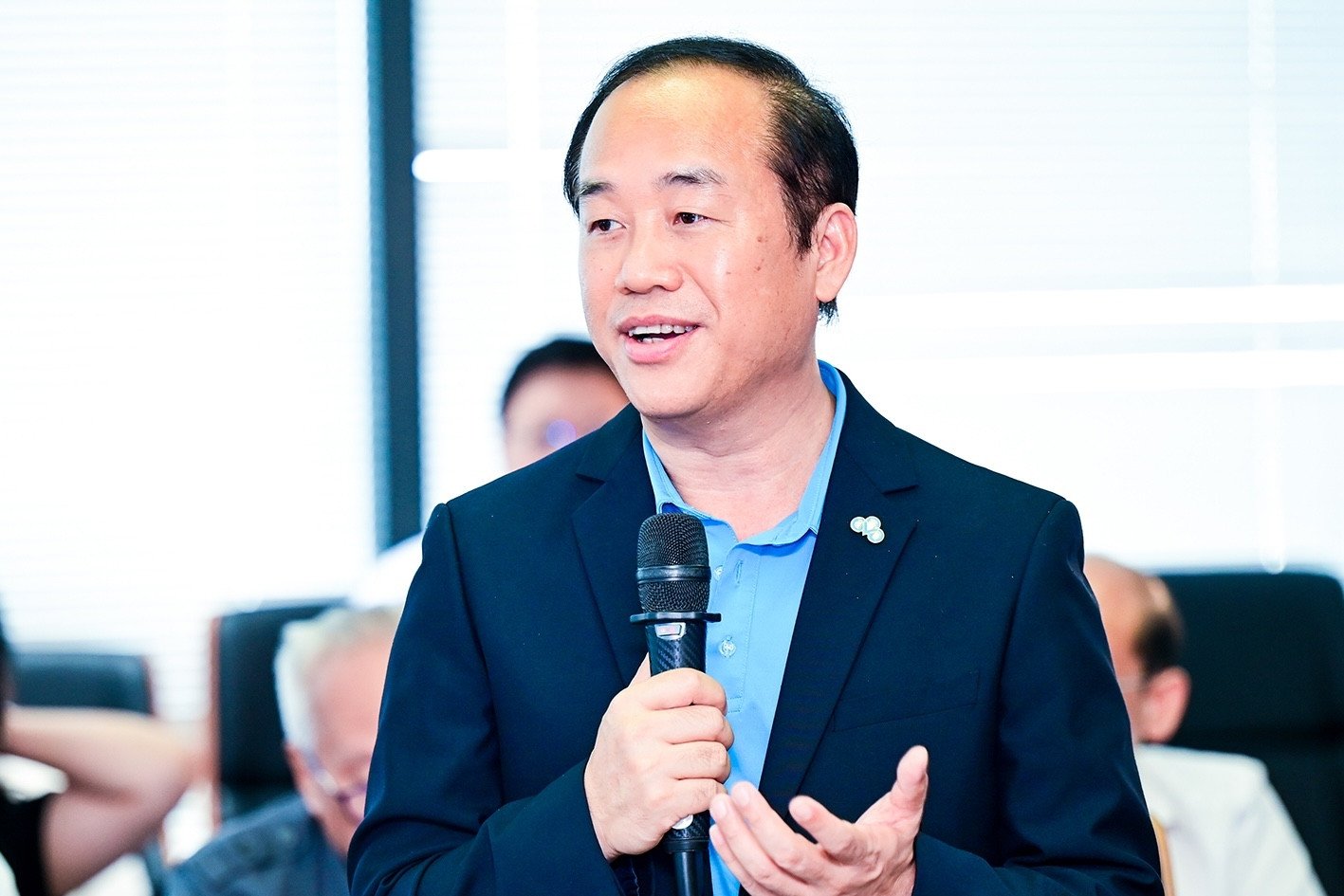
Source: https://vietnamnet.vn/thay-dung-ai-de-day-tro-dung-ai-de-hoc-cuoi-cung-chi-co-cong-nghe-lam-viec-2457194.html



![[Photo] Prime Minister Pham Minh Chinh receives the Governor of Tochigi Province (Japan)](/_next/image?url=https%3A%2F%2Fvphoto.vietnam.vn%2Fthumb%2F1200x675%2Fvietnam%2Fresource%2FIMAGE%2F2025%2F12%2F16%2F1765892133176_dsc-8082-6425-jpg.webp&w=3840&q=75)
![[Live] 2025 Community Action Awards Gala](/_next/image?url=https%3A%2F%2Fvphoto.vietnam.vn%2Fthumb%2F1200x675%2Fvietnam%2Fresource%2FIMAGE%2F2025%2F12%2F16%2F1765899631650_ndo_tr_z7334013144784-9f9fe10a6d63584c85aff40f2957c250-jpg.webp&w=3840&q=75)
![[Image] Leaked images ahead of the 2025 Community Action Awards gala.](/_next/image?url=https%3A%2F%2Fvphoto.vietnam.vn%2Fthumb%2F1200x675%2Fvietnam%2Fresource%2FIMAGE%2F2025%2F12%2F16%2F1765882828720_ndo_br_thiet-ke-chua-co-ten-45-png.webp&w=3840&q=75)
![[Photo] Prime Minister Pham Minh Chinh receives Lao Minister of Education and Sports Thongsalith Mangnormek](/_next/image?url=https%3A%2F%2Fvphoto.vietnam.vn%2Fthumb%2F1200x675%2Fvietnam%2Fresource%2FIMAGE%2F2025%2F12%2F16%2F1765876834721_dsc-7519-jpg.webp&w=3840&q=75)







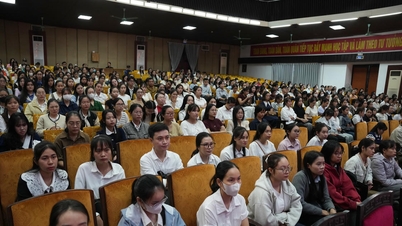

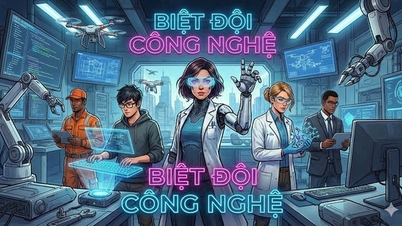


























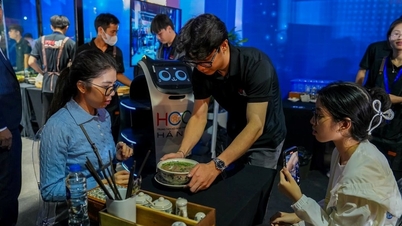


























![[Video] Independence and self-reliance linked with international integration through 40 years of reform](https://vphoto.vietnam.vn/thumb/402x226/vietnam/resource/IMAGE/2025/12/16/1765899635777_1-1-8054-png.webp)




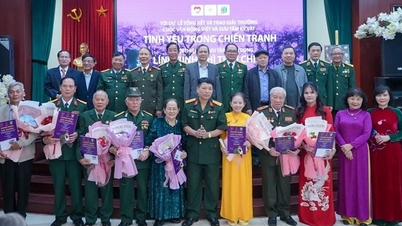































Comment (0)